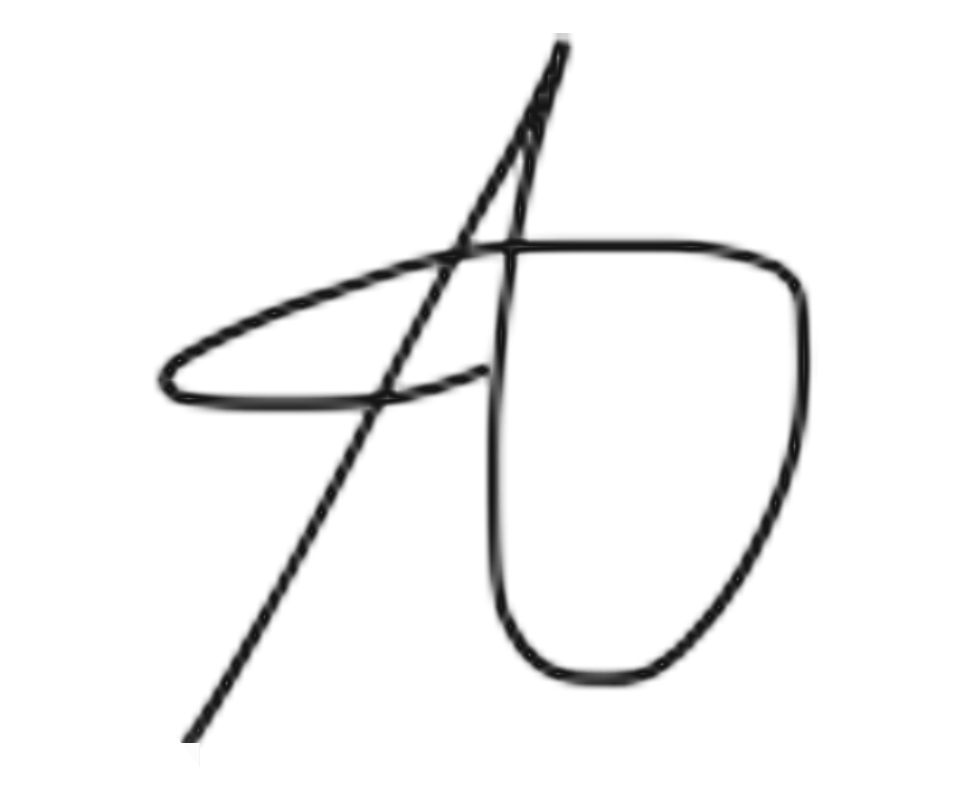Policy Number: GOV-POL-001
Policy Name: ProtectCorp Ethics & Integrity Policy
Policy Owner: CEO
Date Created: 14 July 2025
Status: Issued for Use
ETHICS & INTEGRITY POLICY
Honesty in Communication. Trust in Action.
At ProtectCorp, ethics and integrity are not just a policy — they’re a promise. We commit to lawful, fair, and transparent conduct in everything we do, including sectors exposed to bribery, corruption, and money-laundering risks. This policy aligns with ISO 9001:2015 (Quality), ISO 45001:2018 (Safety), and ISO 31000:2018 (Risk Management) and upholds relevant Australian legislation and guidance, including the Criminal Code Act 1995 (bribery/corruption), AML/CTF Act 2006 and AUSTRAC guidance (as applicable), Corporations Act 2001 (whistleblower protections), DFAT sanctions regimes, and Privacy obligations.
This policy applies to all employees, contractors, and suppliers across all ProtectCorp jurisdictions and service streams (cash-in-transit, armed security, covert operations, ATM servicing, and support functions) in Queensland, New South Wales, Western Australia, South Australia, and Victoria.
ProtectCorp commits to:
- Zero bribery and corruption
Prohibit bribes, kickbacks, facilitation payments, improper inducements, and coercion. Political donations, sponsorships, gifts, benefits, and hospitality must be legitimate, proportionate, recorded, and (where required) pre-approved. - Financial integrity & AML readiness
Apply risk-based due diligence (KYC/UBO/PEP/sanctions/adverse media checks) for higher-risk customers, intermediaries, and suppliers; maintain dual controls, reconciliations, segregation of duties, and accurate records. - Conflicts of interest managed
Declare, assess, and control actual/potential/perceived conflicts; maintain a Gifts & Benefits Register and Conflict of Interest register with clear thresholds and approvals. - Ethical design & safe conduct
Build ethical controls into processes and SOPs (not bolted on): approvals, evidence trails, and secure information handling; protect psychological safety and prohibit retaliation. - Third-party control
Risk-rate agents, subcontractors, and cash handlers; embed audit/termination clauses; verify licences/credentials; hold suppliers to equivalent standards. - Speak up culture
Provide confidential reporting channels (including anonymous options); investigate concerns promptly and impartially; protect whistleblowers. - Competence & awareness
Induction and periodic refresher training on anti-bribery, AML red flags, sanctions, gifts/conflicts, records integrity, and expected behaviours. - Continuous improvement
Use PDCA: monitor, audit, investigate, analyse trends, and implement corrective/preventive actions; review effectiveness in management review.
Competency and Awareness
Role-specific training is provided based on risk exposure (e.g., CIT crews, cash processing, procurement, sales, and managers). Competency, licence/clearance currency, and fitness for work are verified through our skills matrix and credential register.
Communication
Ethics expectations, procedures, and reporting pathways are communicated via induction, toolbox/shift briefs, digital updates, leadership forums, and confidential hotlines/email. Outcomes and lessons learned are fed back to strengthen controls.
Operational Control
Ethical controls are embedded into day-to-day operations through:
- Approved SOPs/work instructions with defined approvals, segregation of duties, and documentation standards.
- Gifts & Benefits thresholds, pre-approval rules, and central registers (no cash or equivalents).
- Conflict of Interest declarations and management plans (e.g., recusal, second approvals).
- Third-party due diligence (UBO/PEP/sanctions/adverse media checks) and risk-based onboarding/re-assessment.
- Cash/CIT safeguards: dual custody, sealed containers, route confidentiality, GPS/duress, reconciliations, CCTV/access controls.
- Records integrity: complete, timely, accurate — no off-book accounts; retention per legal/client requirements.
Assurance and Continuous Improvement
Performance is verified through audits, inspections, analytics, incident/complaint reviews, and client/partner feedback. Findings inform objectives, training, resources, and process updates. Corrective and preventive actions are tracked to closure and effectiveness is verified.
Roles and Responsibilities
ProtectCorp applies a RACI approach to clarify accountability:
- Officers/Executives (A): Set ethical standards, risk appetite, resources, and review performance; approve this policy.
- Operations Manager, State Managers, Portfolio Managers (R): Implement this policy and SOPs; ensure risk controls, approvals, due diligence, and registers are maintained; verify competency/licences; monitor operations and act on deviations.
- Supervisors (R/C): Provide task-level leadership, briefings, and verification; enforce segregation of duties and evidence trails.
- Workers/Contractors (R): Follow procedures, maintain communications, refuse improper requests, declare gifts/conflicts, and report concerns immediately.
- HSEQ/Compliance (R/C): Maintain the management system, registers, and reporting channels; advise on investigations; track actions and trends.
- Finance & Procurement (R/C): Maintain financial controls, vendor due diligence, and contract clauses; monitor exceptions.
- HR & Legal (C): Support training, conduct/discipline, protections for whistleblowers, and legal compliance.
Review and Communication
This policy is communicated to all workers and made available to interested parties. It is reviewed at least annually, or sooner if required by law, operational changes, audit findings, incidents, or risk profile shifts.
Alex Sipala
Chief Executive Officer
14 July 2025
